Finding the Balance to avoid Burnout in Sports
With fall sports coming into full swing, students are finding it harder and harder to find a balance between their ever-accumulating commitments. For a lot of students, it seems that the balance is close to impossible. There are expectations to study for hours a day while also maintaining a heavy practice schedule and attending to the ups and downs of school social life. The ironclad and unwavering schedule of school, sports, and life does not provide a lot of room movement as it’s especially unforgiving with the added struggles of important exams or late games.
As a former athlete, this over-commitment drastically increased my risk of burn-out, a condition which occurs generally due to extreme overwork and stress. Burn-out has debilitating symptoms which are essentially identical to mild to moderate depression. This often includes lowered motivation and mood, decreased interest in normally enjoyed activities, and fatigue. In order to reduce the risk of burn-out, it is especially important to find a healthy life balance.
The question is: “you told me that finding a balance can feel next to impossible, how do I even do that?” Here are some tips which people have found helpful:
1. Manage expectations: As much as we may not want to hear this, we only have 24hrs in a day, and unfortunately, there may be some expectations that we either have to sacrifice or reduce. Having extremely high or unrealistic expectations can increase the likelihood of setting ourselves up for intense anxiety and perceived failure. In addition, over-applying ourselves within one commitment will undoubtedly make it more difficult to appropriately attend to other commitments. Being able to identify realistic expectations within our commitments is invaluable as it not only sets us up for success but also boosts self-esteem and lowers stress.
Don’t strive to be the best, strive to be the best you can be.
Understand that we can do our best and still not get the result we want. And that’s ok!
Be self-compassionate: celebrate your small victories
Be curious about your expectations: Is being perfect possible? Are they my expectations or those of my parents/friends?
2. Increase Self-care: Self-care is often over-looked which is surprising considering how crucial it is. Self-care is how we take care of ourselves, mentally and physically. Remember, a racecar without fresh tires and oil is going to make for a very challenging race. As such, self-care definitely deserves a high place on our totem pole of priorities. Here are some important facets of self-care to keep in mind:
Maintain structured sleep (try to get around 8-9 hrs of sleep)
Balanced eating (try not to skip meals and eat within proportion to exerted exercise
Take some time to yourself: Set aside some time everyday for hobby or activity you genuinely enjoy doing (reading, puzzles, going on a walk, cooking).
3. Organization: With so many moving parts during the day, it can be stressful and anxiety inducing having to keep up with everything. Effective organization helps with making a high-octane life more manageable. When keeping up with things in an effective way, it also helps us to be more mindful and focus on one task at a time. Here are some ways to stay organized:
Keep a planner or record tasks in Google calendar
Plan out and structure your time with assignments and studying.
Make sure books and papers are in their designated place
Unclutter/clean your workspace and put away distractions.
Do one thing at a time!
